War still rages on
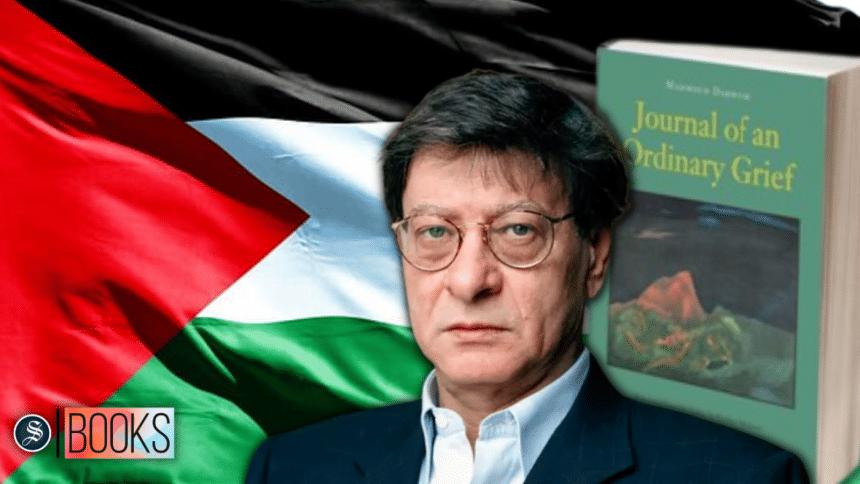
"Am I here, or am I absent? Give me an expert in philosophy, so that I can prove to him I exist. Then you realize that philosophically you exist but legally you do not."
These sentences struck me brutally. I often lived in a surreal world of law and justice, which I foolishly hoped would solve all the complexity of the world. As a person who always tried to think logically, the law made sense to me. Even when I knew the world was not necessarily a good place, I could compartmentalise my emotions and laws most times, but reading Mahmoud Darwish was one of the many times when I was completely caught off-guard.
A few years back, I was introduced to the literary genius of Mahmoud Darwish through a book named A River Dies of Thirst (Archipelago, 2009), penned in the tumultuous summer of 2006, when Israel attacked Gaza and Lebanon. I was captivated by his work. And in that winter, just before my exams, I picked up his Journal of an Ordinary Grief (first published 1973). It was translated from Arabic by Ibrahim al-Mutawi in 2010 after the author's death. The first and the most autobiographical of his three major prose, even after 50 years of being published, it remains as one of the most outstanding literary works that delve into the plight of Palestinians and the complexities of Palestine's statehood. Darwish's work lingers on as the poetic voice of Palestinians and millions of others who lost their homeland to this day.
Journal was a glimpse of Darwish's life, starting in his childhood and ending in exile. More than that, it was a fragment of the lives of Palestinians. During the Nakba of 1948, his family fled to Lebanon as refugees and when they returned their land was dispossessed. Darwish recounts the night he left saying, "the moon was our companion on a road that I later understood was the road of exile", and voices his wonder on the return: "which was more painful, to be a refugee in someone else's country or a refugee in your own?" The new state called them the "present absentees," which continued denial of their existence through heart-wrenching brutality.
His 'ordinary' grief here is that of surviving in a state whose beginning marks the erasure of his own existence. He writes about grief "so that this ordinary grief may stop accepting being acceptable." By announcing the absence of the being, he manifests the presence of Palestinians. His intimate account through lyrical language resonates with the misery of millions who lost their homeland for squabbling over borders and politics.
The book is not a usual straightforward autobiographical narrative. The conversations and sentences are poetic and symbolic. It explores Darwish's own identity as an Israeli-Palestinian and asks questions about the existentially complicated reality of people whose lives are disrupted by conflicts. Through his essays, he gives absence a vital presence. The conversational and poetic writing makes it resonant with people who lost their homeland even if not Palestinian.
Journal uses a satirical tone. Ibrahim Muhawi, the translator, articulates that "irony is probably the literary mode most appropriate to exile." Especially when it comes to law, the irony and sarcasm are inescapable. He expresses the deceitful nature of law as he writes, "I do not have a permit to enter the weather because the sky I see above me does not belong to Haifa, and I do not have a permit to sit under the sky". Leaving everything to law becomes farcical as he says, "Justice is an exhausted alphabet because it is not possible for the crime to awaken the law."
I read Journal as I flipped through laws and articles to pass exams and to see if a state exists legally. I read briefly about some states and ranted in derision with my friends constantly about politics and law surrounding the concept. The lines of politics, law, and my feelings are as blurry as they can get. States squabble about borders but what of the people? Often the question is followed by an uncomfortable silence. Last week, I was again going through the issues of Palestine and the Journal flickered in my memory. It's perhaps the most amazing work encompassing enough aesthetics and politics that resonate with people as war still rages on in different parts of the world and refugee issues continue going uphill. His words gave voice to emotions that millions felt but were unable to express. We might never know how it feels when your whole existence is denied or the loss of homeland, but we can get a little glimpse of their suffering. Darwish's extraordinary writing makes it harder to detach emotions from academic works nowadays when I remember his ardent words.
"A painting made of rock, hanging on seven hills, three thousand years, fifty prophets, four million daggers, a tree, five United Nations resolutions, and a million or more dead. I offer her my hand, but it does not reach her..."
Sadika Nousheen is a law student at the University of Dhaka.

 For all latest news, follow The Daily Star's Google News channel.
For all latest news, follow The Daily Star's Google News channel. 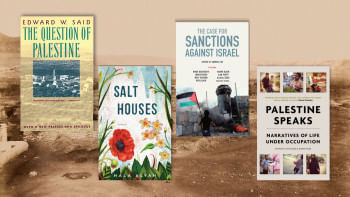



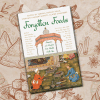

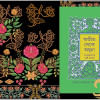
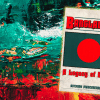
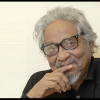


Comments